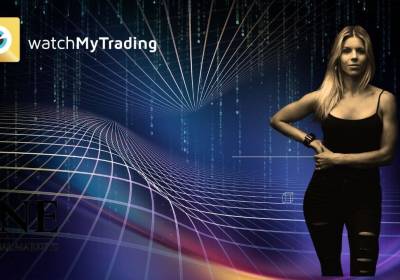
Thanks to fear, humanity has evolved and has been able to overcome everything that threatens its existence for a long time. Our brain incorporates a set of instinctive abilities in response to certain stimuli that tend to keep us away from danger, skeptical of risk and safe from any unknown externality. These «preloaded» elements are reinforced at an early age when the human is not yet able to fend for himself and depends on the care of someone else, the fear generated by a negative reinforcement is usually the resource that delimits how far you can explore the body and the environment without endangering one’s integrity.
Over time, it doesn’t take long for one to develop new fears, which are more associated with certain social constructions than with strictly physical survival issues. These are the fear of failing, the fear of failure, the same coexistence with the error and the judgment of third parties in this regard. Certainly this set of mental preconceptions are not optimal for trading, in fact they are counterproductive to develop the potential of any trader. And it is also not possible to simply “disconnect” them when trading.
When we see any high-performance athlete who excels in his discipline demonstrating abilities at the limit of what is physically / mentally possible, we hardly ever see the amount of hours of practice behind it, but above all we never pay attention to the immense amount of «error” necessary to achieve it. Let’s say we see a ranking of the best tennis, golf or basketball shots, are those who execute them afraid of missing them before they do it? Probably yes, but in no case does this fear have any effect, because they have already failed hundreds of times in similar situations both in hours of practice and in professional events, and they will continue to do so, and that is precisely what makes them better and better athletes. .
Systematic exposure to fear and error is what it takes for the brain to understand – by dint of repetition – that it can train itself to attenuate its responses and ignore its «survival» mode while trading, learning from mistakes and incorporating the themselves as a necessary element to prosper in the activity, where paradoxically the number of failures and being frequently wrong in decisions do not determine the result of the operation.







Deja una respuesta
Lo siento, debes estar conectado para publicar un comentario.